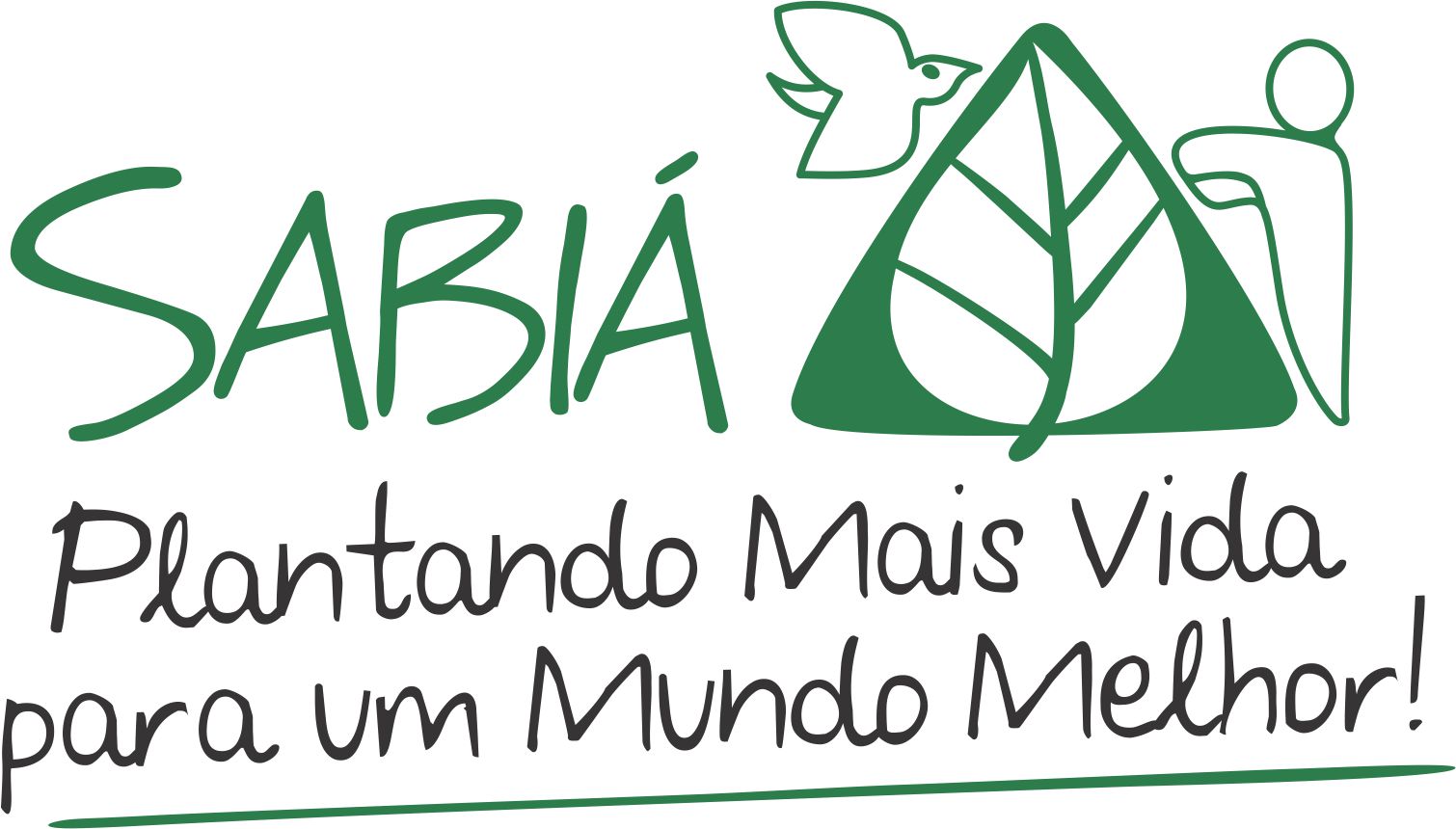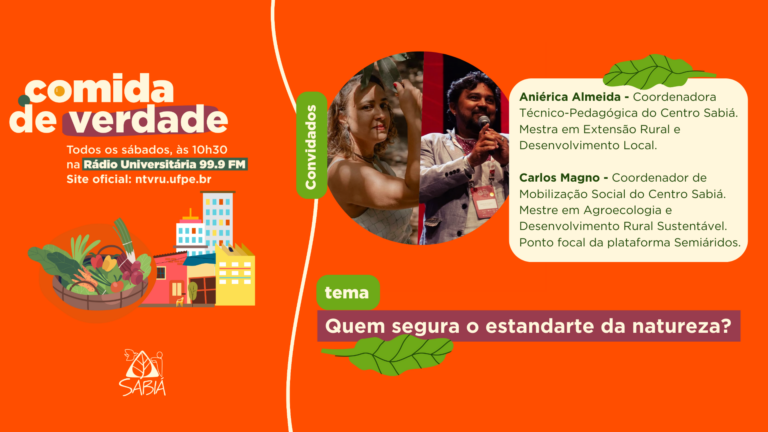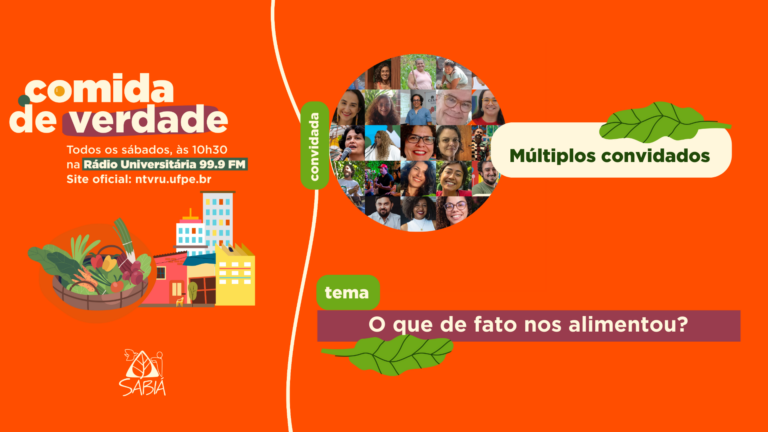Exchange unites knowledge and highlights youth protagonism in Latin America’s semi-arid regions
A total of 50 young people, some of them from abroad, will learn about climate-resilient agroecological experiences in Paraíba and Pernambuco.
Kleber Nunes | ASACom

Young people from Latin America’s semi-arid regions are arriving in Campina Grande (PB) on Monday (16), where they will be welcomed by young men and women who are at the forefront of climate-resilient coexistence initiatives in rural areas. For three days, indigenous people and farmers from the Central American Dry Corridor, the Gran Chaco Americano and other Brazilian states will learn about production practices and strategies in the semi-arid region.
This meeting between young people from different countries who live in similar socio-environmental conditions is part of the exchange promoted by the DAKI – Semiárido Vivo project. The action is being carried out by the Semiarid Platform and the Brazilian Semiarid Articulation (ASA) – a network of more than 3,000 social organizations – with support from the International Fund for Agricultural Development (IFAD). The aim is to raise awareness, strengthen and multiply successful agroecology experiences.
“The idea of this exchange is to bring together young people from Latin America’s semi-arid regions so that they can be together and in dialogue, building knowledge from the youth, rethinking their communities together,” explains the pedagogical coordinator of the DAKI Project – Semiárido Vivo, Júlia Rosas.
Exchanging experiences
Around 50 young people from Argentina, Guatemala and El Salvador, as well as eight northeastern Brazilian states (Paraíba, Pernambuco, Alagoas, Maranhão, Ceará, Piauí, Bahia and Sergipe) are taking part in this exchange. The hosts have prepared a program that will include dialogues, cultural events, field trips to learn about water management initiatives, revolving funds, agroecological production and marketing, and animal husbandry.
The exchange students will be welcomed at 9 a.m. at the Day Camp Hotel Fazenda, located in Sítio São Lucas, Campina Grande. After the official opening of the event, each of the participants will be introduced, followed by a theoretical presentation of the experiences that the young visitors will get to know up close on Tuesday (17) and Wednesday (18). The first day ended with a presentation by the Commission of Young Agroecology Mobilizers (CJMA) and a cultural moment.
The next two days of the exchange will be dedicated to visiting the realities of rural Paraiba. Among the experiences, the exchange students will learn about, for example, solid waste management practices, agroecological pest control, hanging gardens and a solar oven.
On Wednesday (18), the group will head to Remígio (PB), where the 2nd Harvest Festival of the Families Guardians of the Seeds of the Passion of Borborema will take place. The members of the Youth Working Group, which brings together young leaders from Borborema, will be responsible for setting up an educational facility to welcome the exchange students. The space, which will be open from 7 a.m. to 3 p.m., will also feature seed exchanges and the sale of family farming products.
Pernambuco
In the late afternoon of Wednesday (18), visitors hit the road to the city of Caruaru, in the agreste region of Pernambuco. There, they will learn about other agricultural processes, such as the reuse of grey water combined with agroforestry systems, reforestation actions and solidarity gardens, for example.
The exchange will conclude on Friday (20) with a large plenary session involving the participating young people and other actors from the field.
“I have great expectations for this new meeting. I’d like to see what the perspective of young people in Brazil is like. We’ve learned a lot in the DAKI workshops and this exchange goes beyond that. I’m very excited about what we’re going to experience,” says Gustavo Silva, from Calilegüa, Jujuy, and a member of the Colla Guaraní Hermanos Unidos community in Argentina.
Nothing found.




